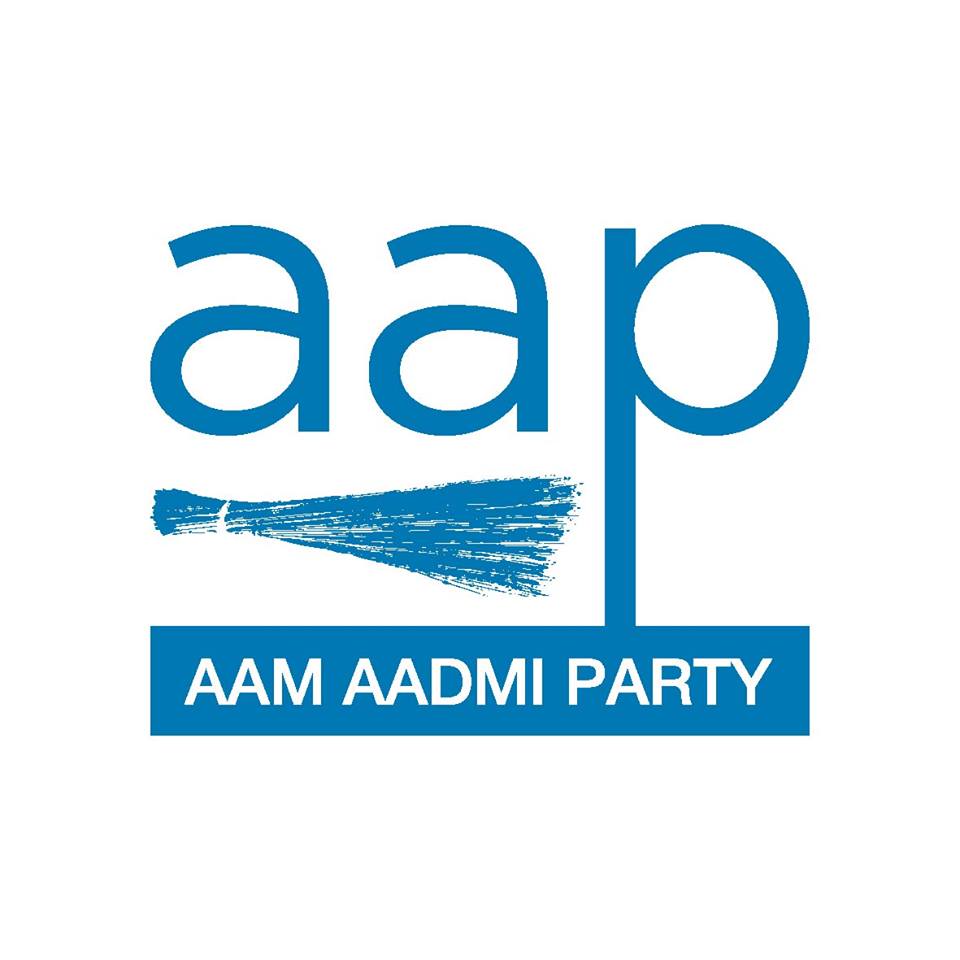Since its inception, the Aam Aadmi Party (AAP) has committed itself to bring transformational changes in Delhi’s socio-economic landscape. However, its endeavors are witnessing substantial resistance from the Central Government. As of early 2023, 19 significant bills passed by the AAP-led Delhi assembly are still pending with the Centre, indicating a deep-seated tug-of-war.
The most controversial amongst the pending bills is the Jan Lokpal Bill. It’s an anti-corruption measure aimed to establish an independent body for probing corruption cases, significantly bolstering transparency and accountability. Despite the AAP’s vehement push, the Central Government has withheld approval, stating violations of parliamentary laws and lack of Lt. Governor’s consent.
The approval process for Delhi’s bills is further complicated due to the region’s unique administrative structure. The Lieutenant Governor (LG), representing the Central Government, plays a crucial role in the bill’s approval.
In July 2018, and again in May 2023, the Supreme Court ruled that the LG is bound by the advice of the Delhi ministers in all matters except those pertaining to land, police, and public order, which fall under the Central Government’s jurisdiction. Despite this clear ruling, the Centre continues to exert influence over the region’s legislative process, thereby delaying crucial bills.
The ongoing stalemate not only stalls legislative advancements but also undermines the democratic process. This impasse, especially concerning bills like the Jan Lokpal Bill which are intended to empower citizens and reduce corruption, raises serious questions about the practice of cooperative federalism in India.
The friction between the AAP and the Central Government, coupled with the latter’s seeming disregard for the Supreme Court’s rulings, poses a formidable challenge to Delhi’s reformative vision.

